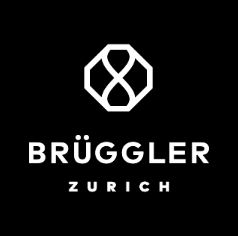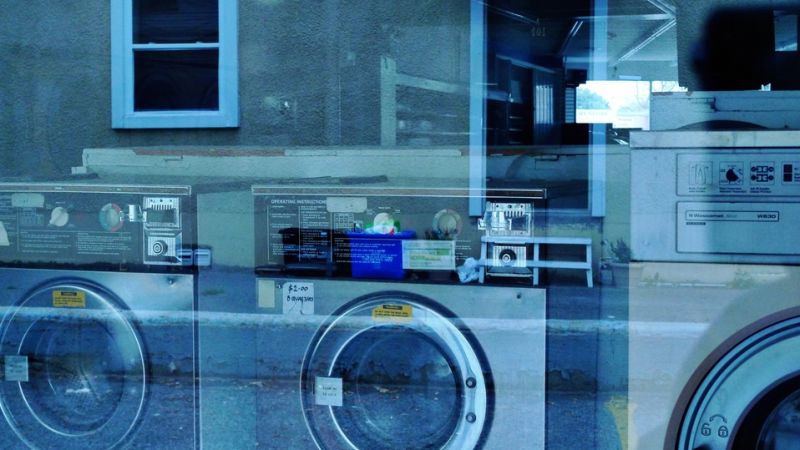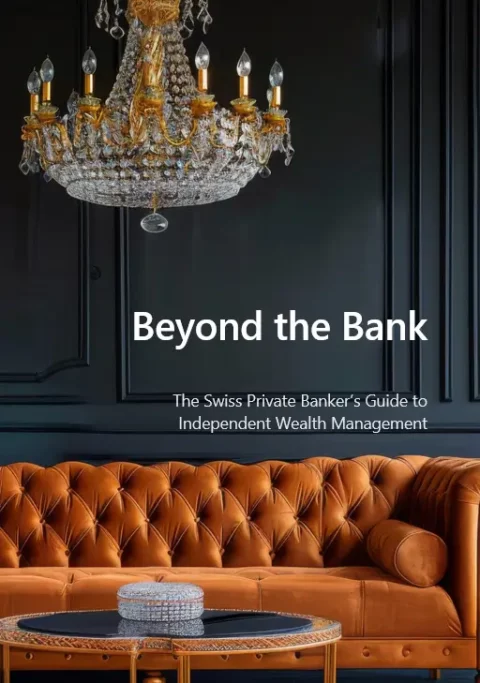Banks often find themselves at the centre of criticism in the anti-money laundering debate. Yet, it’s essential to see the broader picture:
🔍 Media and Sensationalism
We live in an era dominated by headlines and sensational news. A scandal in a well-known bank is more likely to make the news than a complex issue at the regulatory level. But we must ask ourselves: Is this the full story?
🏛 State Responsibility
While banks play a pivotal role in identifying and reporting suspicious activities, the state also carries significant responsibility. It needs to establish effective laws, monitor compliance, and penalise breaches. Coordinated effort is critical here.
👁 Public Perception
Banks are visible and often the first to be scrutinised in anti-money laundering matters. It’s vital to acknowledge their role, but equally important to understand that combating money laundering is a collective endeavour involving multiple stakeholders.
I’d like to take this opportunity to debunk a myth. Contrary to some market commentary, independent wealth managers follow the same AML regulations as banks. Moreover, they reinforce this compliance through regular training sessions and tests conducted throughout the year.
Independent wealth managers adhere to strict anti-money laundering (AML) protocols, ensuring they meet the highest standards. These training sessions cover the latest AML regulations and practices. Additionally, they assess employees’ understanding through rigorous testing.
This process keeps the staff updated and guarantees that Swiss independent wealth managers maintain robust defences against money laundering. Thus, they demonstrate the same level of commitment to preventing financial crimes as traditional banks.
Source: LinkedIn (SEO adjusted)




